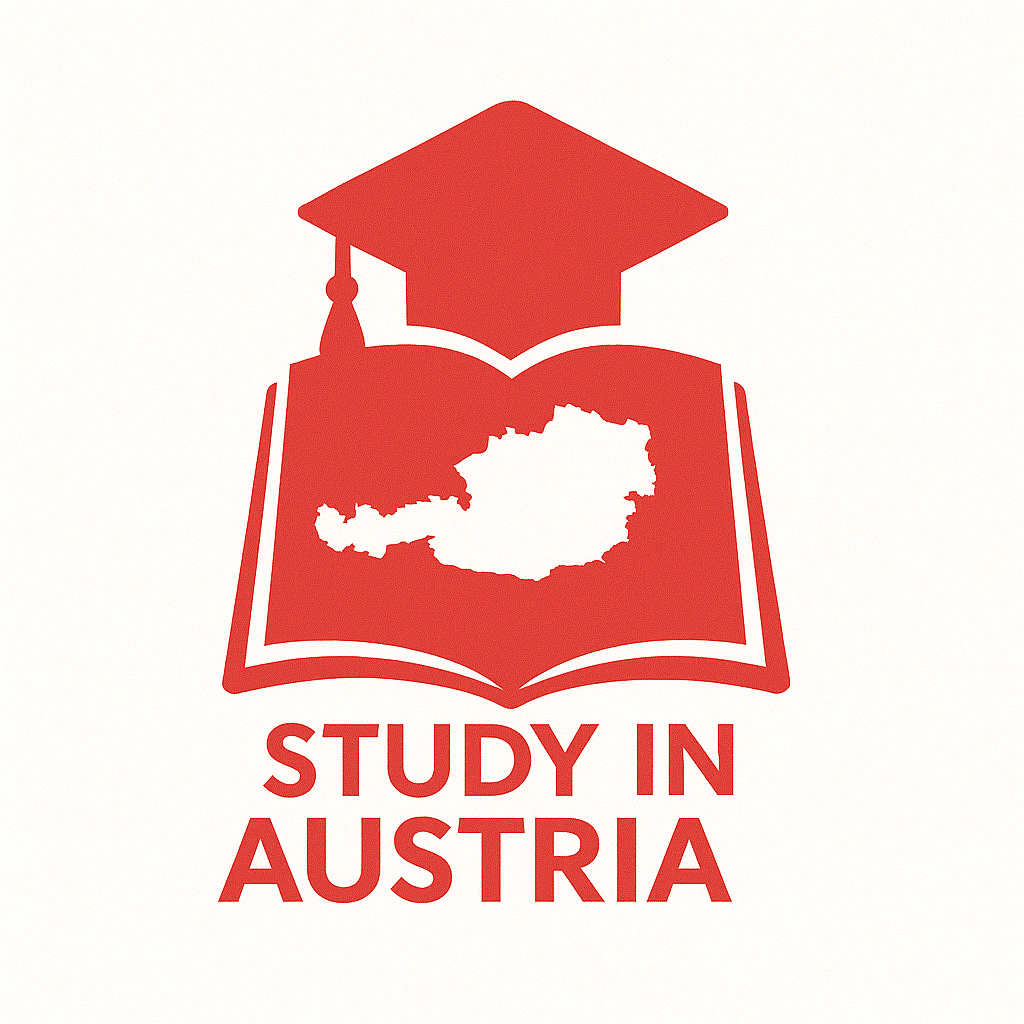Balancing Studies and Part-Time Work in Austria
Tips for Balancing Study and Work
Financial and Career Benefits of Part-Time Work
Conclusion
Take the Next Step
Legal Framework for Student Employment in Austria
Understanding the legal landscape is vital for international students aiming to work while studying in Austria. Here are the key aspects related to employment:
Working Hours and Regulations
- EU/EEA vs. Non-EU/EEA Students: Non-EU/EEA students are permitted to work up to 20 hours per week during the semester. On the other hand, students from the EU/EEA have broader access to the labor market, facing fewer restrictions when seeking employment.
- Work Permit Requirement: Non-EU/EEA students must obtain a work permit (Beschäftigungsbewilligung) for most part-time jobs. This process is often facilitated by the employer, who can assist students in navigating the application process.
- Compatibility with Academic Commitments: It’s essential for students to manage their work hours in a manner that does not hinder their academic progress. Employment must align with class schedules, allowing students to meet their educational obligations.
For more detailed information about student visas and employment regulations, refer to our guide on Austria’s student visa requirements.
Educational Part-Time Employment
- Eligibility: Students may be eligible if they maintain at least ten hours of work per week. This must be documented in a formal written agreement with the employer.
- Employment History Requirement: To qualify for this arrangement, students must establish a prior period of uninterrupted employment. An agreement with the employer should detail the start date, duration, and scope of the employment.
For more information on educational part-time options, please consult the Austria educational policies page.
Understanding Working Conditions
- Part-Time Work Defined: In Austria, part-time work is classified as any employment with fewer hours than the full-time threshold of 40 hours per week.
- Overtime Regulations: Part-time employees can be asked to work overtime, but this must comply with the Working Hours Act, which sets limits on maximum working times and ensures mandatory rest periods.
- Probation Periods: Common in Austrian employment, probation periods last no more than one month, allowing flexibility for both employers and employees.
For further details on employment laws in Austria, explore our resources on employment regulations.
Tips for Balancing Study and Work
Finding the right balance between studies and part-time work can be challenging yet rewarding. Here are some actionable strategies:
- Prioritize Academic Responsibilities: Ensure your work schedule does not conflict with critical academic commitments, like lectures and exams. Time management is crucial.
- Clear Communication with Employers: Keep an open line of communication with your employer regarding your status as a student. Inform them of your availability, particularly during exam periods, so they can accommodate your needs.
- Utilize Educational Part-Time Options: If eligible, take advantage of educational part-time employment arrangements. These options are structured to support students in balancing their work and academic life.
- Monitor Working Hours: Be vigilant about your working hours to ensure compliance with visa conditions and to avoid academic conflicts. Adhere stringently to the permitted limits.
- Leverage University Support Services: Many universities provide resources aimed at helping students balance work and studies. Utilize these services for guidance and advice tailored to your unique situation.
For further insights on managing work and studies, read our FAQs for International Students.
Financial and Career Benefits of Part-Time Work
Engaging in part-time work while studying brings several significant advantages:
Practical Experience
- Students can gain hands-on experience relevant to their field of study, enhancing their employability post-graduation.
- Work environments provide opportunities to improve language skills and develop intercultural competence, essential in today’s global marketplaces.
Alleviation of Financial Pressure
- Part-time work helps to ease financial burdens of living and studying abroad, making it easier to focus on academic goals.
Pathway to Full-Time Employment Post-Graduation
- Graduates may be eligible for the Red-White-Red Card, a permit that allows them to seek full-time employment in Austria meeting specific salary thresholds. This prospect opens avenues for career advancement within Austria.
For detailed guidance on post-graduation work opportunities, visit our page on post-graduation employment options.
Conclusion
Balancing studies and part-time work in Austria is not only achievable but can significantly enhance the academic experience for international students. By understanding the legal framework, utilizing available resources, and implementing strategic practices, students can successfully navigate the challenges ahead.
Take the Next Step with Study in Austria
At Study in Austria, we specialize in providing the necessary information and support systems for international students and educational institutions alike. If you are seeking to facilitate student placements or need assistance in navigating the educational landscape in Austria, we invite you to explore further:

